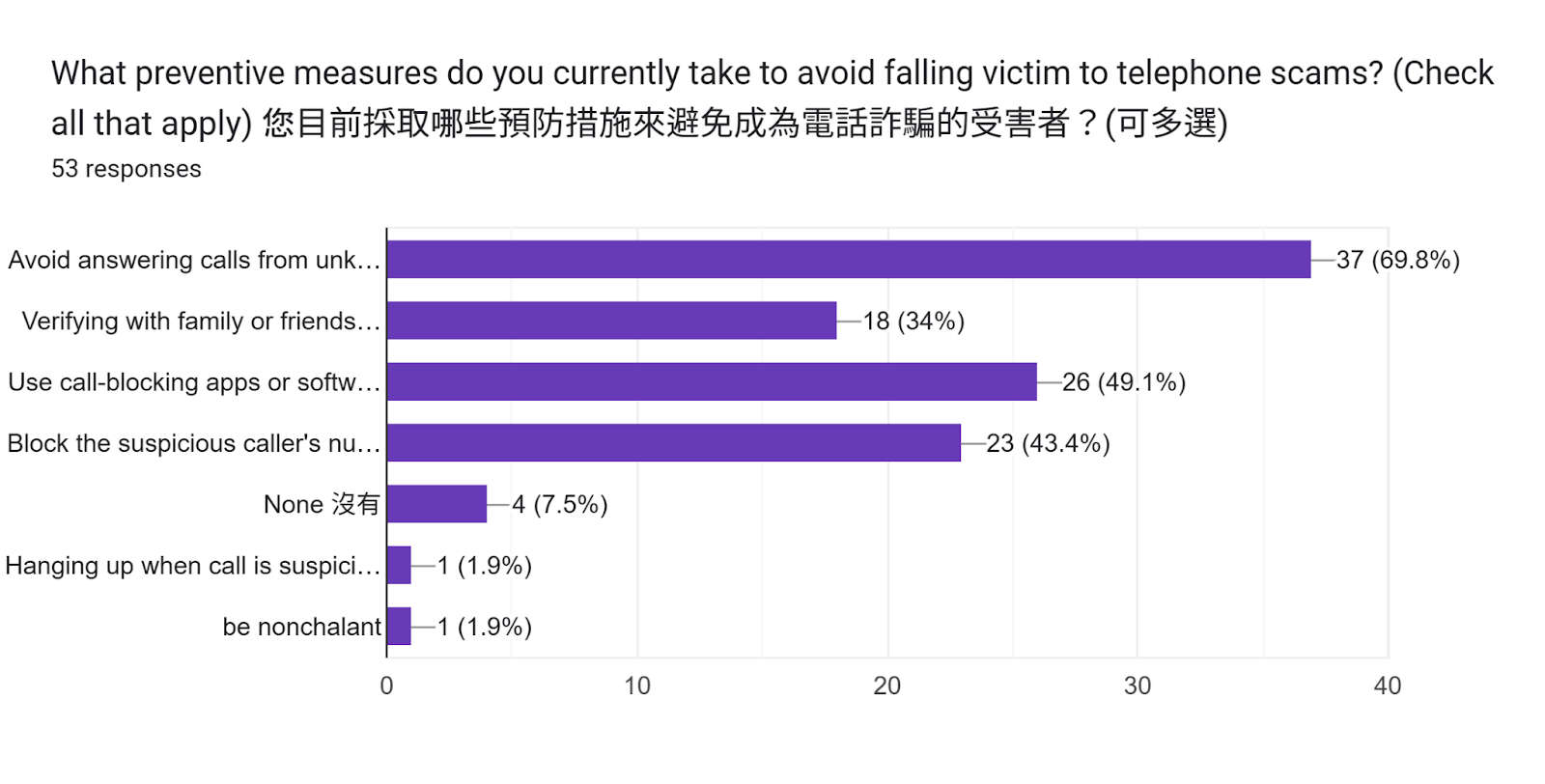Daily Impact: Receives 3-4 scam calls daily, up to 8 on busy days
Friend's Close Call: A mainland Chinese student friend nearly lost HK$200,000 to a fake police scam
Key Issue: Difficulty identifying scam calls as patterns become less reliable
Understanding the Growing Threat and Building Awareness
Telephone scam cases in Hong Kong have increased dramatically, especially since COVID-19. From 3,213 cases in 2023 to 9,204 cases in 2024 - nearly tripling in just one year.
International students, elderly citizens, and newcomers to Hong Kong are particularly vulnerable to sophisticated scam tactics and social engineering.
Total losses from telephone scams reached HK$2.9 billion in 2024, more than doubling from HK$1.1 billion in 2023.
Click on any chart to view in full size. Data shows comprehensive analysis of telephone scam trends in Hong Kong from multiple government sources.
The pandemic forced a shift to digital interactions, creating new opportunities for scammers. Increased online activity, remote work, and reliance on telecommunications made people more vulnerable to phone-based scams.
53 participants shared their experiences with telephone scams
Most respondents receive scam calls frequently (4+ times per week)
Fake bank calls followed by lottery/prize scams are most reported
Only 10% have ever reported scam calls to authorities
3.8% of respondents reported falling victim to scams

Most common prevention strategies used by survey respondents.
Click to view in full size.
Source: GECC4130 Survey (53 participants)
Respondents either employ multiple prevention strategies or take no action at all.
Even without financial loss, most report irritation, feeling unsafe, and anxiety.
75% recall seeing anti-scam campaigns, but few rate them as highly effective.
Real experiences from 5 interview participants
69.8% of survey respondents avoid answering calls from unknown numbers. Let suspicious calls go to voicemail.
49.1% use call-blocking software. Consider apps like Scameter or built-in phone blocking features.
34% verify suspicious calls with family or friends. Don't make decisions alone when under pressure.
43.4% block suspicious callers. Report numbers to authorities and block them on your device.
18222 - Report suspicious calls and get advice
Download the official app to check suspicious numbers and receive alerts
Report scam attempts to Hong Kong Police Force online or at local stations
Educational video coming soon!
Our team is creating a comprehensive video guide about telephone scam prevention in Hong Kong.